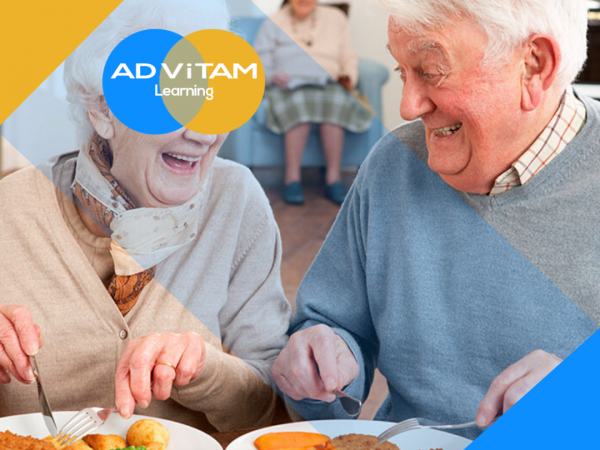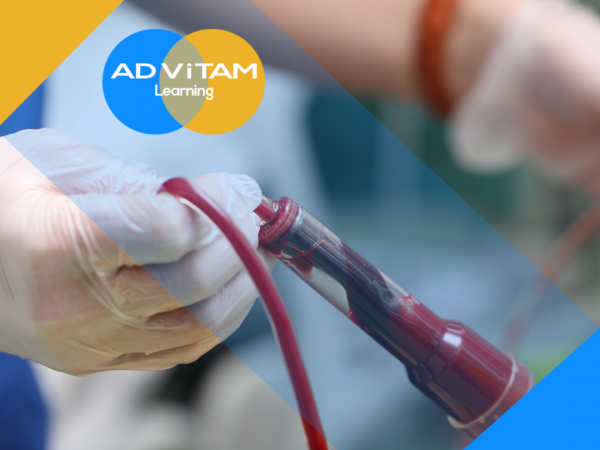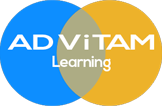Description
Care Certificate Standard 4 – Equality and Diversity | Level 1 | Online Training Course | CPDUK Accredited | Instant Course Access | Includes Assessment & Certificate | Instant Certificate Download.
Welcome to our online Care Certificate Standard 4 (Equality and Diversity) training course for front-line healthcare and social care support workers. All our online training courses, programmes and qualifications are accredited by the CPD Certification Service (CPDUK).
The online Care Certificate Standard 4 (Equality and Diversity) training course focuses on the concepts of equality, diversity, inclusion and discrimination. Promoting equality and respecting diversity are central to life today, particularly in the provision of health and social care services.
To provide care and support that meets the needs of everyone, you have to understand what these terms mean and take account of them in your work.
Certificate duration: 2 years
Entry requirements: No entry restrictions
Recommended prerequisites: N/A
Assessment type: End of course assessment
Assessment pass mark – 80% needed to pass and gain a CPD certificate
Cost(s) of assessment and certification – All costs included in the course price
Awarding/Accrediting body – CPD Certification Service (CPDUK)
Who is the course for?
The online Care Certificate Standard 4 (Equality and Diversity) training course was developed for new healthcare and social care staff as part of their workplace induction.
The primary audience of the Care Certificate is Healthcare Support Workers or Adult Social Care Workers. It is also suitable for existing health and social care staff who do not hold recognised qualifications.
Clinical support roles
The online Care Certificate Standard 4 (Equality and Diversity) training course is suitable for those giving support to clinical roles in the NHS and other healthcare settings where there is any direct contact with patients, including:
- Health Care Assistants,
- Care Support Workers, and
- Assistant Practitioners.
Adult social care workers
The online Care Certificate Standard 4 (Equality and Diversity) training course is also suitable for those giving support in community settings, including:
- Adult Social Care workers in residential, nursing homes and hospices,
- Home care workers, and
- Domiciliary care staff.
Non-clinical roles
The online Care Certificate Standard 4 (Equality and Diversity) training course is also suitable for other social care roles, including:
- Caring volunteers,
- Porters,
- Cooks, and
- Drivers with direct contact with patients/ service users.
What is covered in this course?
This online Care Certificate Standard 4 (Equality and Diversity) training course covers the following:
- Introduction to equality and diversity:
- Definitions,
- Equality, diversity and human rights,
- The importance of a fairer society, and
- The meaning of Equality and Diversity.
- The Equality Act (2010):
- What are the general duties of the Equality Act? and
- Protected characteristics of the Equality Act
- Fairness and equality:
- Respect for all,
- Reasonable adjustments,
- Equality and Human Rights Commission,
- Equality of opportunity, and
- Fair treatment, according to needs.
- Human Rights:
- Human Rights Act (1998),
- Our human rights under the Human Rights Act,
- Human Rights-Based Approach – F.R.E.D.A,
- Discrimination and the law:
- Direct discrimination,
- Indirect discrimination,
- Associative discrimination,
- Perceived discrimination,
- The basis of discrimination,
- Bullying, harassment and victimisation,
- What the law says,
- Individual and organisational responsibilities,
- Public Sector Equality Duty,
- Challenging discrimination and prejudice and
- Reporting discrimination and harassment.
- The Ladder of Prejudice:
- What is the ‘Ladder of Prejudice’? and
- Elements of the ladder of prejudice,
- Summary
- References and resources
Course aims
This online Care Certificate Standard 4 (Equality and Diversity) training course helps health and social care workers to understand their legal and professional responsibilities to those they provide care.
The online Care Certificate Standard 4 (Equality and Diversity) training course focuses on the concepts of equality, diversity, inclusion and discrimination. Promoting equality and respecting diversity are central to life today, particularly in the provision of health and social care services. To provide care and support that meets the needs of everyone, you have to understand what these terms mean and take account of them in your work.
Learning objectives
At the end of this online Care Certificate Standard 4 (Equality and Diversity) training course, the learner will be able to:
- Explain the significance of equality, diversity and human rights,
- Describe how policies and the law can help create a more inclusive workplace,
- Define health inequalities and ways to reduce them,
- Explain the need to know about people’s different backgrounds, as well as the importance of not making assumptions about individuals, and
- Specify what you can do to challenge prejudice and discrimination.
Learning outcomes
On completion of this online Care Certificate Standard 4 (Equality and Diversity) training course, the learner will be able to:
- Recognise the significance of equality and inclusion
- Explain what diversity, equality, inclusion and discrimination mean,
- Describe ways whereby discrimination may deliberately or inadvertently happen in the workplace, and
- Demonstrate how practices that support equality and inclusion reduce the possibility of discrimination.
- Work in an inclusive way:
- Acknowledge which legislation and codes of practice relating to equality, diversity and discrimination are relevant to their role,
- Emphasise interaction with individuals that respects their beliefs, culture, values and preferences, and
- Explain how to challenge discrimination in a way that encourages positive change.
- Access information and advice in support of diversity, equality and inclusion:
- Identify sources of information, advice and support relating to diversity, equality and inclusion,
- Determine how and when to access information, advice and support about diversity, equality and inclusion, and
- Explain who to ask for advice and support about equality and inclusion.
What is covered in Equality and Diversity?
The online Care Certificate Standard 4 (Equality and Diversity) training course covers the concepts of equality, diversity, inclusion and discrimination in the provision of health and social care services.
What is equality?
Equality is about treating people alike according to their needs. You should make sure that everyone is given equality of opportunity. For example, you may need to provide information in different formats (for example, Braille) or make sure there is access to a building for an individual in a wheelchair.
What is diversity?
Diversity can be described as ‘difference’. All individuals are different, and the many different parts of a person’s character and identity make them unique.
What is inclusion?
Inclusion is ‘being included within either a group or society as a whole’. Inclusion is linked to diversity and equality. It is important to understand someone’s differences so that you can include them and treat them equally and fairly. People can feel excluded if they are not able to join in with activities.
Excluding people because of their differences is known as ‘discrimination’. All workers in health and social care must make sure that they work inclusively to ensure that everyone has the opportunity to take part when they want to. This is especially true about people taking part in their care and support so that it is truly centred on them as a person.
What is discrimination?
Discrimination broadly refers to actions that are often based on a person’s negative attitude towards others. In human social affairs, discrimination is treatment or consideration of or making a distinction in favour of or against, a person based on the group, class, or category to which the person is perceived to belong rather than on individual attributes.
Discrimination includes treatment of an individual or group, based on their actual or perceived membership in a particular group or social category, “in a way that is worse than the way people are usually treated”. It involves the group’s initial reaction or interaction going on to influence the individual’s actual behaviour towards the group leader or the group, restricting members of one group from opportunities or privileges that are available to another group, leading to the exclusion of the individual or entities based on logical or irrational decision making.
Why is this online Care Certificate Standard 4 – Equality and Diversity training course important?
Equality and diversity are essential components of health and social care. Good equality and diversity practices make sure that the services provided to people are fair and accessible to everyone. They ensure that people are treated as equals, that people get the dignity and respect they deserve and that their differences are celebrated. Equality and diversity shouldn’t be seen as bonus benefits to your health or social care setting but more as integral constituents.
In a health and social care environment, equality and diversity must be at the heart of what we do. Our patients and service users are individual people, and we should always strive to ensure that their diverse needs are met and ensure that they have equal access to the services we provide. This is particularly important for adults in need who, because of a disability, illness or their age, are unable to take adequate care of themselves and keep themselves from harm.






